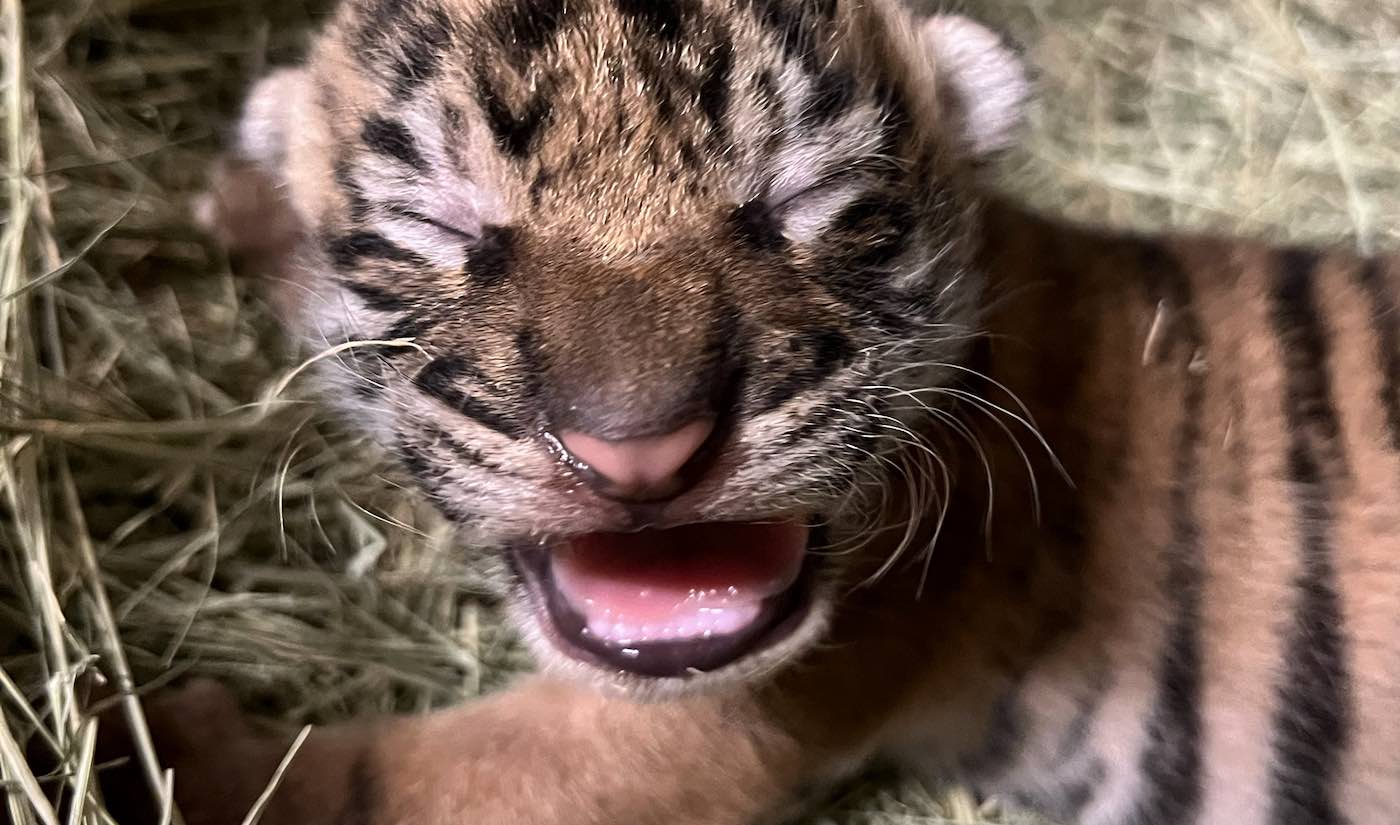Hello 👋
Welcome back to another edition of Weekend Rounds!
On the one hand, it was a deeply unserious week in our profession:
First, a certain former POTUS claimed that people are eating cats and dogs in Springfield, OH which dominated the discourse on our patients. While it was an unserious claim intended to fear-monger and create more xenophobia, the real-world outcome has been incredibly serious as multiple government buildings and elementary schools have received a bomb threats since Tuesday.
Then, over on the internet, a post on X by a user asking if they should take horse electrolytes has gone viral and received over 22 million views…

It has created a spike in internet traffic for the search “horse electrolytes” and multiple other users have claimed to try it. Not our finest week, but on the other hand, we have some serious topics to cover:
🐕 Why big dogs die young
🩻 The Reading Room
🦟 Mosquito-borne illnesses on the rise
🚀 Quick hits
🐕
Why big dogs die young
An article in National Geographic this week explores the relationship between large dogs and shorter lifespans. Large dogs have shorter lifespans primarily due to their rapid growth and the associated biological stresses. As they grow, large dogs experience increased cellular damage, including telomere shortening and oxidative stress, which accelerates aging. This heightened cellular wear-and-tear leads to earlier onset of age-related diseases, such as cancer and joint disorders.
Research shows that body size is a key predictor of lifespan, with larger dogs aging faster and having a higher risk of cancer. The genetic basis for size variation, including factors like the IGF-1 gene, may contribute to their shorter lifespans. While large species typically evolve mechanisms to counteract cancer risks, domestic dog breeds have not had sufficient evolutionary time to develop such defenses. Consequently, big dogs, despite their strong physical presence, tend to live shorter lives due to the biological costs of their size.

But research and hard work is underway to extend the life of all pets, including large dogs. An article in MIT Technology Review in 2022 outlined some of work underway including The Dog Aging Project, and a startup called Loyal that is developing two drugs specifically for large dogs that focuses on correcting the overexpression of IGF-1 and growth hormone (GH).
Weekend Rounds has previously covered Loyal. For more on the science and business of it all, check out our December 2023 issue titled Extending the Canine Lifespan.
🩻
Reading Room - September 18
In this week’s Reading Room we are looking at an 8-year-old poodle presenting for 36 hours of vomiting and anorexia.
You can get a head start on the case, which will be released on September 18, and join the fun by checking out the image below and voting on the diagnosis.

Left lateral abdominal radiograph of an 8 yr old poodle presenting for vomiting
What is the most likely cause of clinical signs?
Last Week’s Answer:
🥳 Congratulations! The majority of you identified renal lymphoma as the likely diagnosis in last week’s case on a 5 year rold DSH presenting for anorexia and weight loss and found to be markedly azotemic.
If you chose incorrectly, or just looking for a refresher, be sure to check out the full video where Ryan breaks down the findings from the radiographs and shows a follow up ultrasound:
🦟
Maine’s Mosquito borne illnesses on the rise
The Press Herald reports this week that Maine is considering declaring a public health emergency due to a rise in mosquito-borne illnesses, including eastern equine encephalitis (EEE) and West Nile virus.
Recently, a horse in Somerset County and two emus in Penobscot County were diagnosed with EEE, while 15 cases of West Nile virus have been reported in wild birds. The increase in these diseases is linked to climate change, which extends the breeding season for mosquitoes. The state’s Arboviral Public Health Panel has recommended the emergency declaration to allow for quicker interventions.
Residents are advised to use EPA-registered insect repellents, limit outdoor activities from dusk to dawn, wear protective clothing, and eliminate standing water. Severe symptoms of these illnesses can be life-threatening, and while human cases are rare, they can result in significant lifelong complications. The state has tracked a few human cases of these diseases over the past decade, with some fatalities.
Looking for a refresher on vector-borne disease? We got you:
🚀
Quick Hits
Here are some of the other stories that caught our eye and we're following this week from around the veterinary world and animal kingdom:









